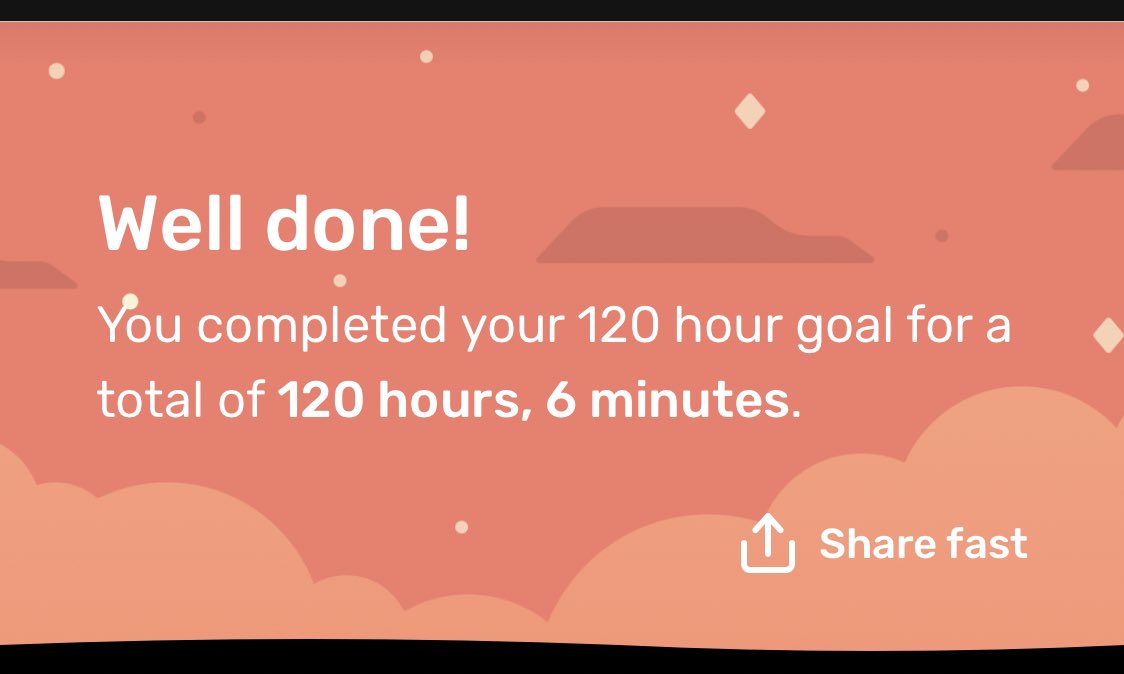
Habits can be brutal. I’ve spent the majority of life battling bad ones: including wrestling with alcohol addition for 20+ years.
I learned how to hack habits with help from @JamesClear’s book Atomic Habits. Here’s a summary of what worked for me:
I learned how to hack habits with help from @JamesClear’s book Atomic Habits. Here’s a summary of what worked for me:
Habit-building is science. Think from first principles.
Rule #1: make it obvious. To change behavior, put up cues in your environment as a constant reminder.
I built a home gym (with great effort), now I can’t escape from daily exercises.
Rule #1: make it obvious. To change behavior, put up cues in your environment as a constant reminder.
I built a home gym (with great effort), now I can’t escape from daily exercises.
Rule #2: make it attractive. You want to sugarcoat the pain.
I put my phone, with Twitter and other social media apps in my gym (yes, gym hour now 💦). It’s punishing, but works because the incentive is very compelling.
The more tweets I send, the longer I stay!
I put my phone, with Twitter and other social media apps in my gym (yes, gym hour now 💦). It’s punishing, but works because the incentive is very compelling.
The more tweets I send, the longer I stay!
Rule #3: make it easy. Remove temptations from your environment so you waste less mental effort to say ‘no’.
High carb food sucks. So I didn’t put any in my house. Need to go out of my way to get it. It becomes easier to comply with than to break the habit.
Be ruthless!
High carb food sucks. So I didn’t put any in my house. Need to go out of my way to get it. It becomes easier to comply with than to break the habit.
Be ruthless!
Rule #4: make it satisfying. Our brain is wired to respond to feedback loops.
You can build one for yourself - this is a very effective hack.
Find something you enjoy, tie to a measurable goal, then indulge yourself whenever you achieve the goal with no exceptions.
You can build one for yourself - this is a very effective hack.
Find something you enjoy, tie to a measurable goal, then indulge yourself whenever you achieve the goal with no exceptions.
The key takeaway: instead of relying on your willpower, design your environment with great intention.
Don’t be a monk, be a choice engineer. No need to make life harder than it should be 😊
Don’t be a monk, be a choice engineer. No need to make life harder than it should be 😊
If you struggle with drinking, streak psychology helps a lot (I talk about it in this week’s EP at @thequest_pod )
Gratitude too. Social accountability. Those are small hacks I’ve been trying, through trials and error.
A 10-min riff :)
justin.quest/episodes/formi…
Gratitude too. Social accountability. Those are small hacks I’ve been trying, through trials and error.
A 10-min riff :)
justin.quest/episodes/formi…
• • •
Missing some Tweet in this thread? You can try to
force a refresh



